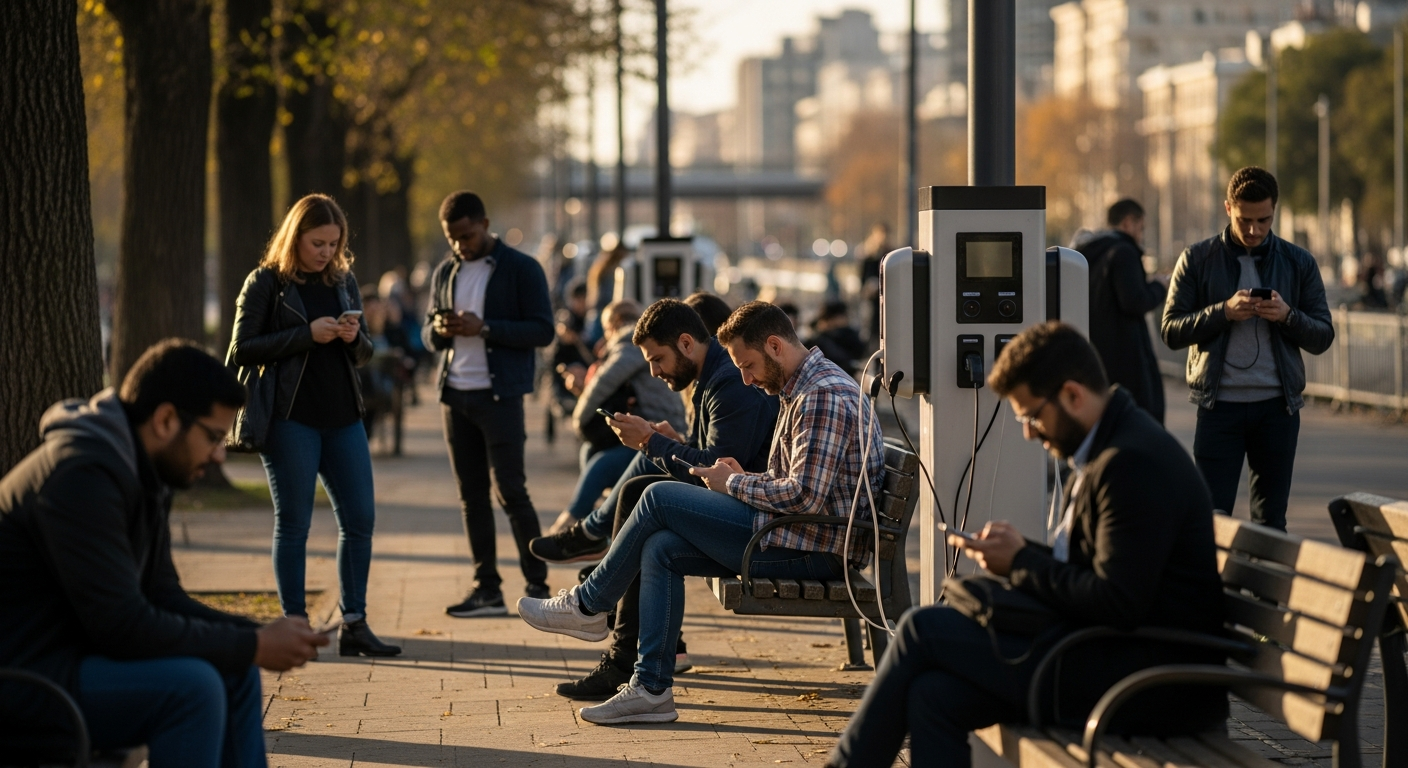Rethinking the Application of the Eighth Amendment: The Case of Solitary Confinement
Introduction: Discover the contentious debate surrounding the application of the Eighth Amendment in the context of solitary confinement practices. This article delves into the historical context, recent legal developments, and the societal implications of this controversial issue.

The Eighth Amendment: A Historical Overview
The Eighth Amendment of the United States Constitution prohibits the federal government from imposing cruel and unusual punishments. Ratified in 1791 as part of the Bill of Rights, the amendment is designed to protect individuals from inhumane treatment and excessive fines or bail. Throughout history, the interpretation and application of the Eighth Amendment have been the subject of intense debate, particularly when it comes to prison conditions and punishment methods.
Solitary Confinement: The Bone of Contention
Solitary confinement is a practice whereby inmates are isolated from the rest of the prison population for 22-24 hours a day. Although initially designed as a short-term disciplinary measure, it has increasingly been used as a long-term solution, with some inmates spending years or even decades in isolation. Critics argue that such practices constitute cruel and unusual punishment, thus violating the Eighth Amendment.
Recent Legal Developments
In recent years, several lawsuits have been filed against the use of long-term solitary confinement, alleging Eighth Amendment violations. In 2015, the case of Davis v. Ayala saw Justice Anthony Kennedy inviting a broader discussion about the constitutionality of solitary confinement, indicating a potential shift in the Supreme Court’s approach towards this issue. More recently, in 2019, the case of Murdock v. Pennsylvania DOC resulted in a settlement agreement that significantly limited the use of solitary confinement in Pennsylvania.
The Impact on Society
The use of solitary confinement doesn’t only raise legal questions; it also has profound societal implications. Long-term solitary confinement can lead to severe psychological damage, including depression, hallucinations, and suicidal tendencies. It also has broader social implications, as the practice is disproportionately applied to minority populations and individuals with mental health issues.
The Future of the Eighth Amendment and Solitary Confinement
The future of solitary confinement and its relationship with the Eighth Amendment remains uncertain. While some progress has been made in curtailing the use of long-term solitary confinement, it is far from eradicated. Legal experts, human rights advocates, and lawmakers continue to wrestle with these complex issues, striving to balance the need to maintain order and safety in prisons with the constitutional rights of inmates.
In conclusion, the application of the Eighth Amendment in the context of solitary confinement is a complex and controversial issue. With ongoing legal challenges and societal debates, it represents a critical intersection of constitutional law, human rights, and criminal justice reform. As such, it warrants our undivided attention and thoughtful engagement.






